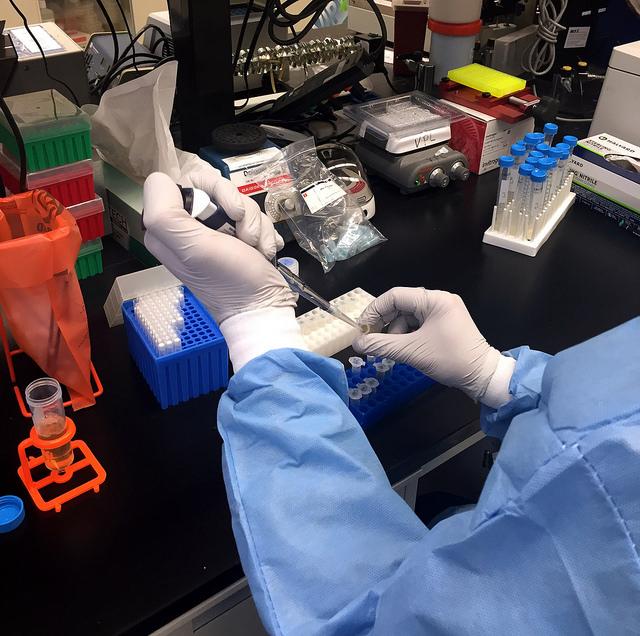While many countries in the Americas are reporting a slowing of Zika transmission, the United States is seeing an increased rate in Florida. In other disease news, an RNA vaccine gets funding while a new study suggests the usefulness of IgM Zika testing for babies.
More Zika in Caribbean, US
The Pan American Health Organization (PAHO) released a new Zika situation report yesterday, noting that since the last report published on Sep 22, no new countries or territories have reported transmission of the mosquito-borne illness. Forty-seven countries or territories in the Americas have confirmed Zika transmission, with five countries reporting sexual transmission of the virus.
Mexico is continuing its downward trend of reported transmissions, while the United States is seeing an increase in cases, mostly in Florida. Puerto Rico is also reporting a downward trend, as are countries in Central America.
Caribbean island nations that recently reported their first cases of Zika have noted increasing transmission trends, including St. Barthelemy and St. Martin.
No new countries reported microcephaly or cases of other congenital malformations, leaving that number at 16. A new country, Guadalupe, reported its first case of Guillain-Barre syndrome (GBS), while Puerto Rico reported its second death caused by Zika-related GBS.
Yesterday the Florida Department of Health, Florida Health, reported one new case of Zika in a non-Florida resident who visited the Miami Beach neighborhood, but not new cases today. Now 18 non-Florida residents have been infected in Florida. Earlier this week, officials reported that despite extensive spraying, Zika mosquitoes were still being found in Miami Beach.
Funds for RNA vaccine
Yesterday the Infectious Disease Research Institute (IDRI) announced it received $491,000 from the National Institute of Allergy and Infectious Diseases to develop an RNA-based Zika vaccine over the next 2 years.
RNA-based vaccines use the genetic makeup of the virus and synthetic materials, which allows them to be manufactured quickly, according to an IDRI news release.
"This is a method of hijacking the virus's own machinery to express proteins in order to rapidly make a safe and effective vaccine," said Dan Stinchcomb, PhD, senior vice president for vaccine development viral disease at IDRI. "RNA encoding protein antigens can be rapidly synthesized and manufactured … When delivered, the RNA vaccine can effectively induce protective immune responses quickly."
IDRI said the grant allows the company, in addition to devleloping the Zika vaccine, to perform proof-of-concept studies that could be applicable to other emerging infectious disease vaccines.
Study recommends IgM testing in infants
Finally, a study yesterday in the Journal of Infectious Diseases adds to the mounting evidence that Zika virus infection causes congenital disease in utero. Brazilian researchers performed Zika virus (ZIKV) immunoglobulin M (IgM) tests on the blood and cerebrospinal fluid (CSF) of 42 mothers and their babies with microcephaly. IgM does not cross the placenta, so it's a useful indicator of ZIKV infection in neonates.
In the babies, 38 (90.5%) had positive ZIKV-IgM, when considering both blood and CSF test results. The ZIKV-IgM was higher in CSF (median, 14.9) than in blood serum (median, 8.9). According to the authors, all ZIKV-IgM–positive results in the infants were confirmed by the presence of neutralizing antibodies.
The results led the authors to recommend ZIKV IgM testing in neonates with suspected Zika-related congenital malformations.
See also:
Oct 6 PAHO update
Oct 6 Florida Health update
Oct 6 IDRI news release
Oct 6 J Infect Dis study





















